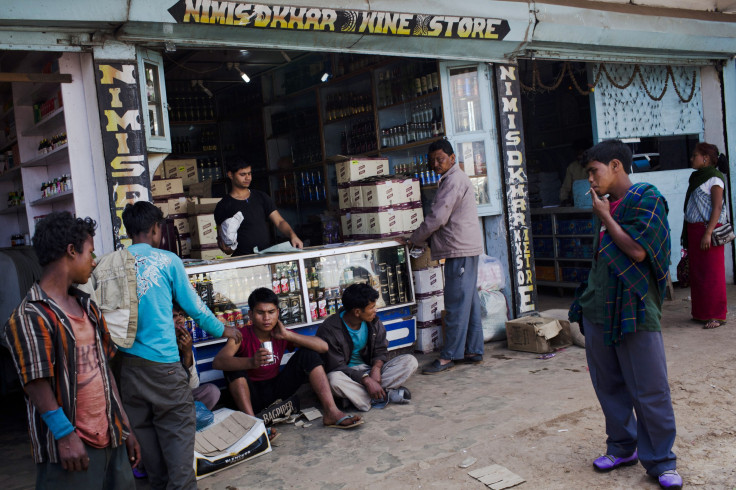World Liquor Laws 2016: India Bans Liquor Stores Along Highways In Effort To Curb Drunk-Driving Problem

India’s Supreme Court has taken steps to try and curb the country’s significant drunk-driving problem by banning all liquor stores from beside highways from April 2017. The three-judge bench ruled on Thursday that it will stop renewing licenses on all liquor stores within 500 meters of national and state highways after March 31. All advertising for alcohol along highways must also be removed.
The move is a response to concern over the nearly 150,000 deaths from road accidents every year in the country, equating to one every four minutes. The rate is the highest in the world and has increased by close to 50 percent in the past decade. Around 5 percent, or close to 7,000, of last year’s deaths were attributed to drivers who had either been intoxicated or under the influence of drugs.
"We would not like any vend on national highways, state highways, advertisements, or signage about the availability of liquor shops," Justice TS Thakur said last week on the issue, reported the Hindustan Times. "We will direct all highway authorities to remove all sign boards. It should be absolutely free from any distraction or attractions. It should not be visible. Visibility is the first temptation."
A report commissioned by the Supreme Court found that the procedure for issuing licenses was "very lax," with states often swayed by boosts to its revenue.
In response to a request from the northern state of Punjab to still allow liquor stores near or under elevated highways, the Supreme Court came down strongly.
"Look at the number of licenses you (Punjab) have given. Because the liquor lobby is so powerful, everyone is happy," the judges said. "The excise department is happy, the excise minister is happy and the state government is also happy that they are making money. If a person dies due to this, you give one or 1.5 lakh rupees ($1475 or $2212). That is it. You should take a stand which is helpful for the society."
© Copyright IBTimes 2024. All rights reserved.





















